In My Grandmother's Kitchen, Macaroni was as Sindhi as Kadhi
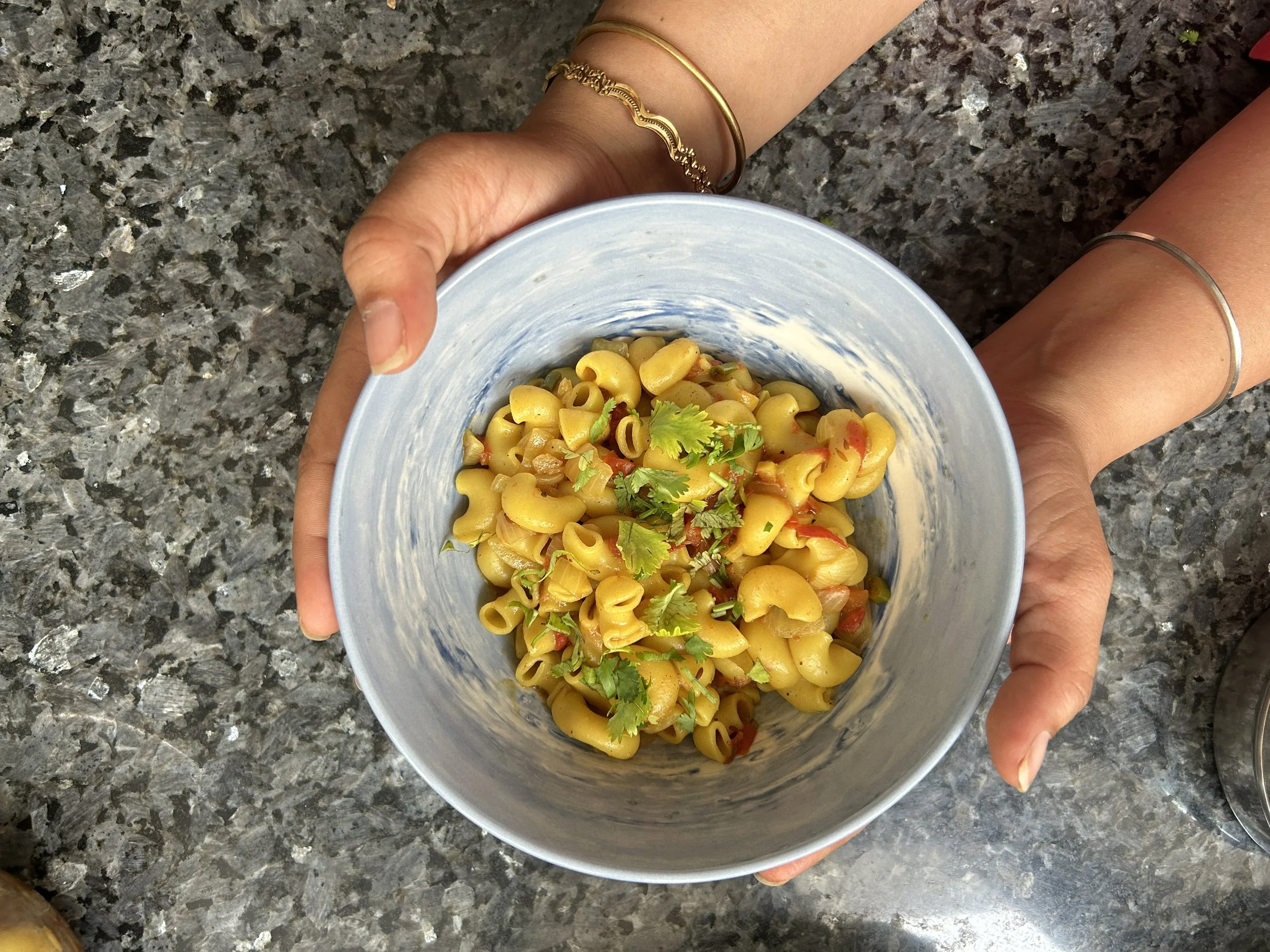
To us, macaroni was as Sindhi as Sindhi kadhi. Aakriti Mandhwani shares her bua’s recipe for her grandmother’s macaroni (Her mother refuses to share hers).
I’ve lived in only four cities my entire life.
Delhi was the first: the city where my parents and I were born, the city my grandparents were forced to move to during the Partition.
London came much later, and I didn’t fully understand what it meant to live in — or be from — a place until I found myself there. It was nothing like the Gurgaon of my childhood, that fox-rabbit-and-gerua-tinged paradise my parents moved us to when we were very young.
It was in London that I went looking for foods I hadn’t realised I would miss. When she was alive and able, my dadi, Pammi Mandhwani, made Sindhi kadhi — as often as my brother requested it. The Pammi Mandhwani kadhi has several important components: fried long bhindi, shelled peas, some cauliflower and, most definitely, some potato.
My brother lived for that kadhi, though I secretly suspect it was the neon-orange boondi (served with the meal) that he was after. The boondi always sparked debate: would it be from the shop in Rajinder Nagar market, or were we getting it from the Peshawari on Shankar Road this time?
I left for London in the autumn of 2014. My dadi died in the summer of 2015. A part of her language of affection and authority, cooking, had died some years ago because of the aggressive onset of dementia. In the years leading up to 2015, her husband would attempt to feed her kadhi, mithe chawar (sweet rice), sai bhaji, koki and other foods she loved, by hand. This was perhaps his first (and last) visceral contact with food in relation to her, his wife of more than sixty five years. All her life dadi had eaten only after her husband had.
Food in London became a reminder of home, and of loss. It became the cue with which to mourn my grandmother, who had spent much of her time in the kitchen of a really tiny house in the refugee colony of Old Rajinder Nagar.
The author’s grandmother, Pammi Mandhwani. Credit: Aakriti Mandhwani
In London, my (Italian) PhD supervisor once invited me to dinner where I ate some salad and then pasta. It is where I understood for the first time what primi piatti meant: it was just the first course. Time went on. I visited Italy and ate through it. By Italian friends I was shown the ways of the pasta, what you could or could not do with it, and the combinations that would be profoundly acceptable and unacceptable.
During the lockdown, and a few years after dadi had died, I discovered the comforting world of Pasta Grannies on youtube. These pasta grannies, robust, firm, cantankerous and mostly over the age of 85, were breaking all the pasta rules that my Italian friends had taught me. Their pasta was rooted in innovation, in prosperity and in pain.
The pasta reminded me of home.
Apart from her crowd pleaser, the Sindhi kadhi, Pammi Mandhwani also loved to make macaroni.
To us, macaroni was as Sindhi as Sindhi kadhi. Dadi learned the dish from a friend of hers. I had never asked her about the macaroni when we devoured it. Dadi’s macaroni was made in a pressure cooker, with salt, pepper, garam masala and tomato. There was no concept of cheese — in any case, we only knew Amul cheese. I can still see the macaroni glisten as it emerged from her pressure cooker.
Some historians of food interested in the Sindhi macaroni phenomenon have hypothesised a connection with the itinerant nature of Sindhis. Apparently, Sindhi traders travelling the world bought the macaroni back for their wives to cook with. Other historians mark the entry of pasta into Sindhi households through the history of commodity control — pasta was one of the carbohydrates available at the ration shops, and Sindhi wives shaped it into Sindhi food. The latter seems most plausible in the case of my pasta granny.
This is my bua’s recipe for my dadi's macaroni, because my mother refuses to provide hers.
Makes 2 generous portions
RECIPE FOR MACROLI
Ingredients
A cup of elbow pasta
1 onion
2 cloves garlic
2 small tomatoes
Salt, pepper to taste
Garam masala, to taste
Any odourless cooking oil
Method
Use a cup of generic macaroni elbow pasta of any brand.
In a pressure cooker, sauté a the onion, garlic, tomatoes, salt, pepper and garam masala in generous amounts (or to taste) of any kind of odourless cooking oil.
Add the macaroni and water. Some people also like to add potatoes at this point, but dadi didn’t see any merit in the potato.
Pressure cook to perfection. Perfection equals more wilting pasta, not al dente.
Aakriti Mandhwani is Associate Professor of English at Shiv Nadar University. She is the author of Everyday Reading: Middlebrow Magazines and Book Publishing in Post-Independence India. Buy here.
Images: Taiyaba Ali.
ALSO ON GOYA
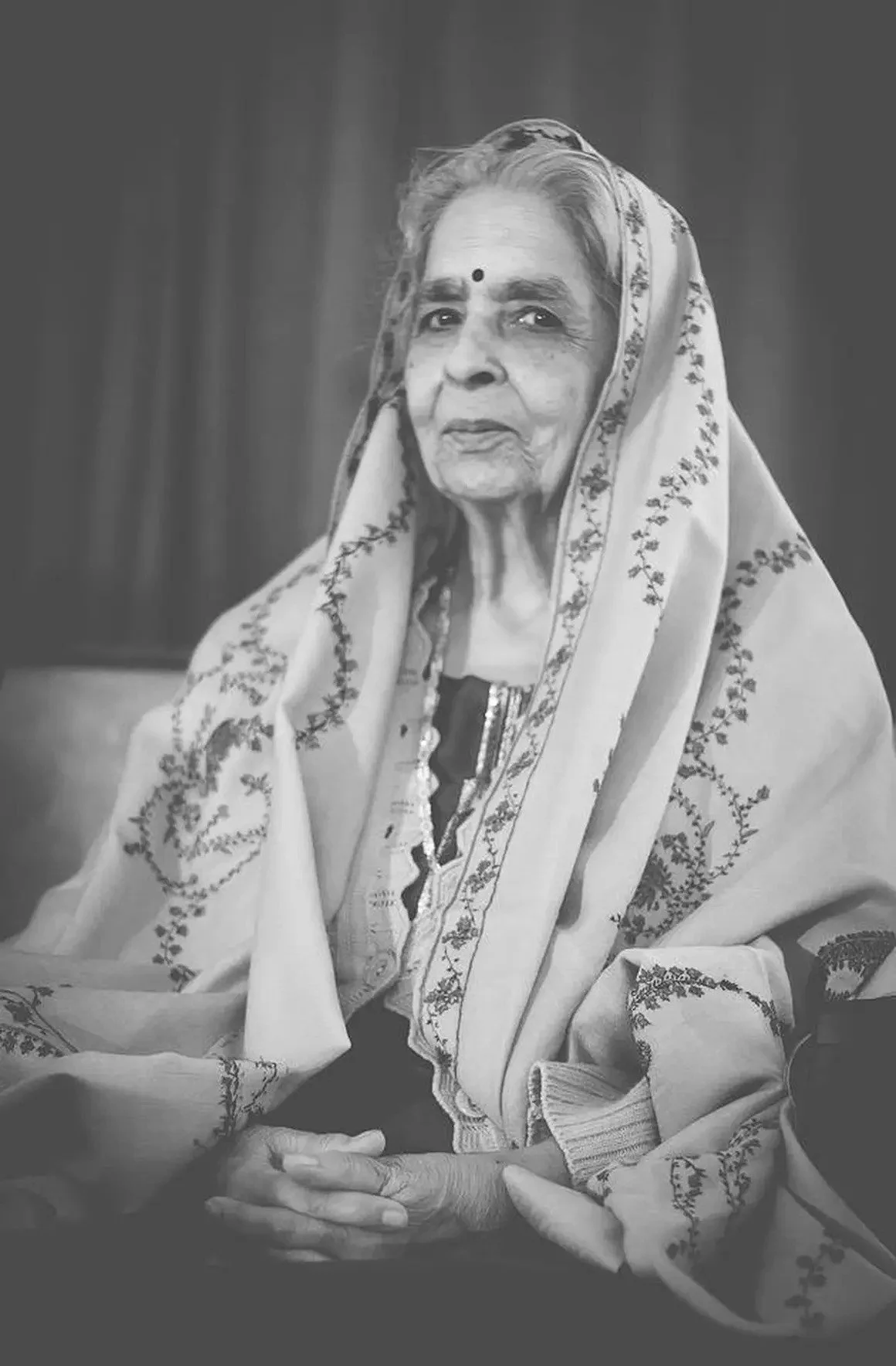
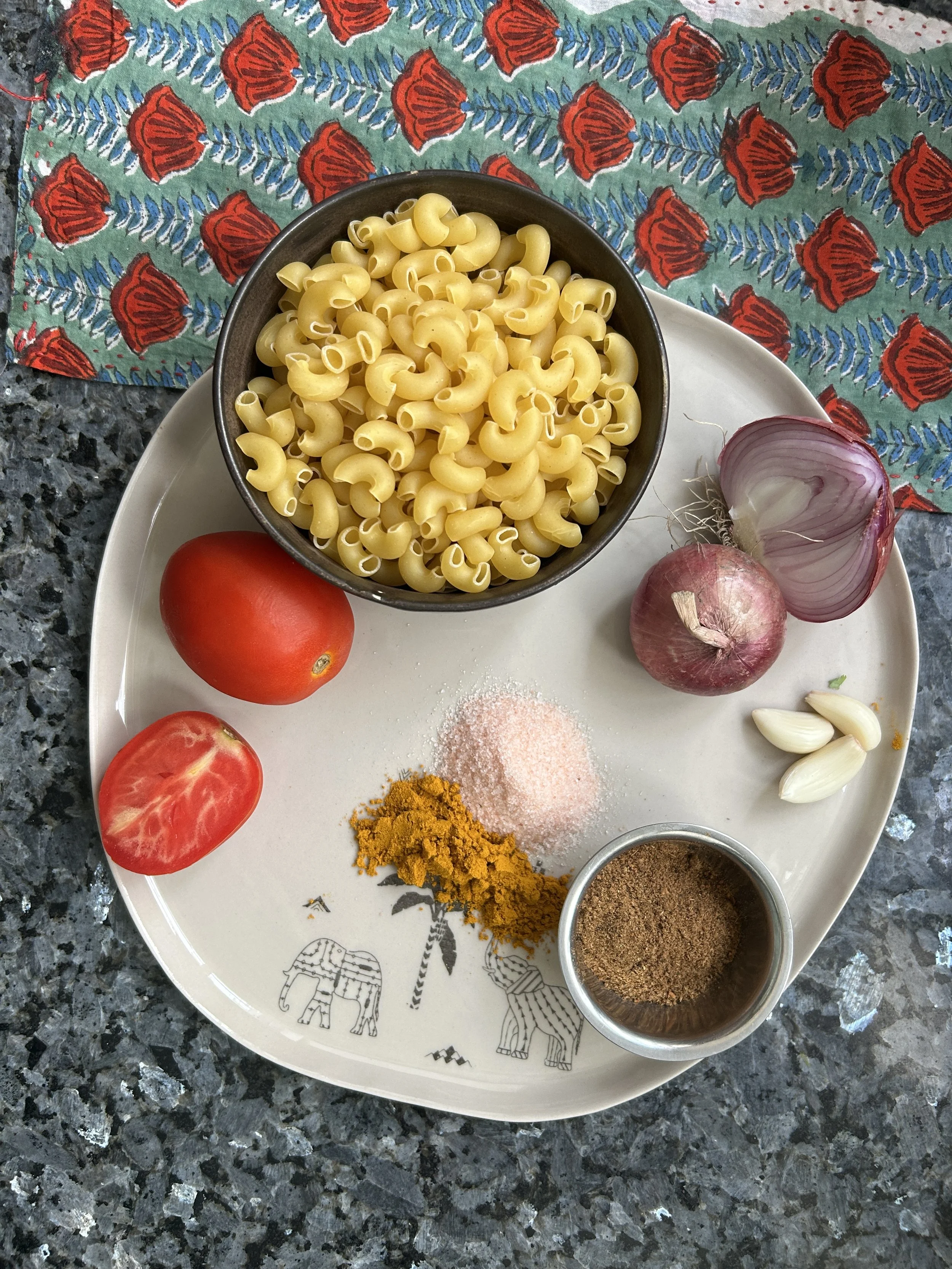
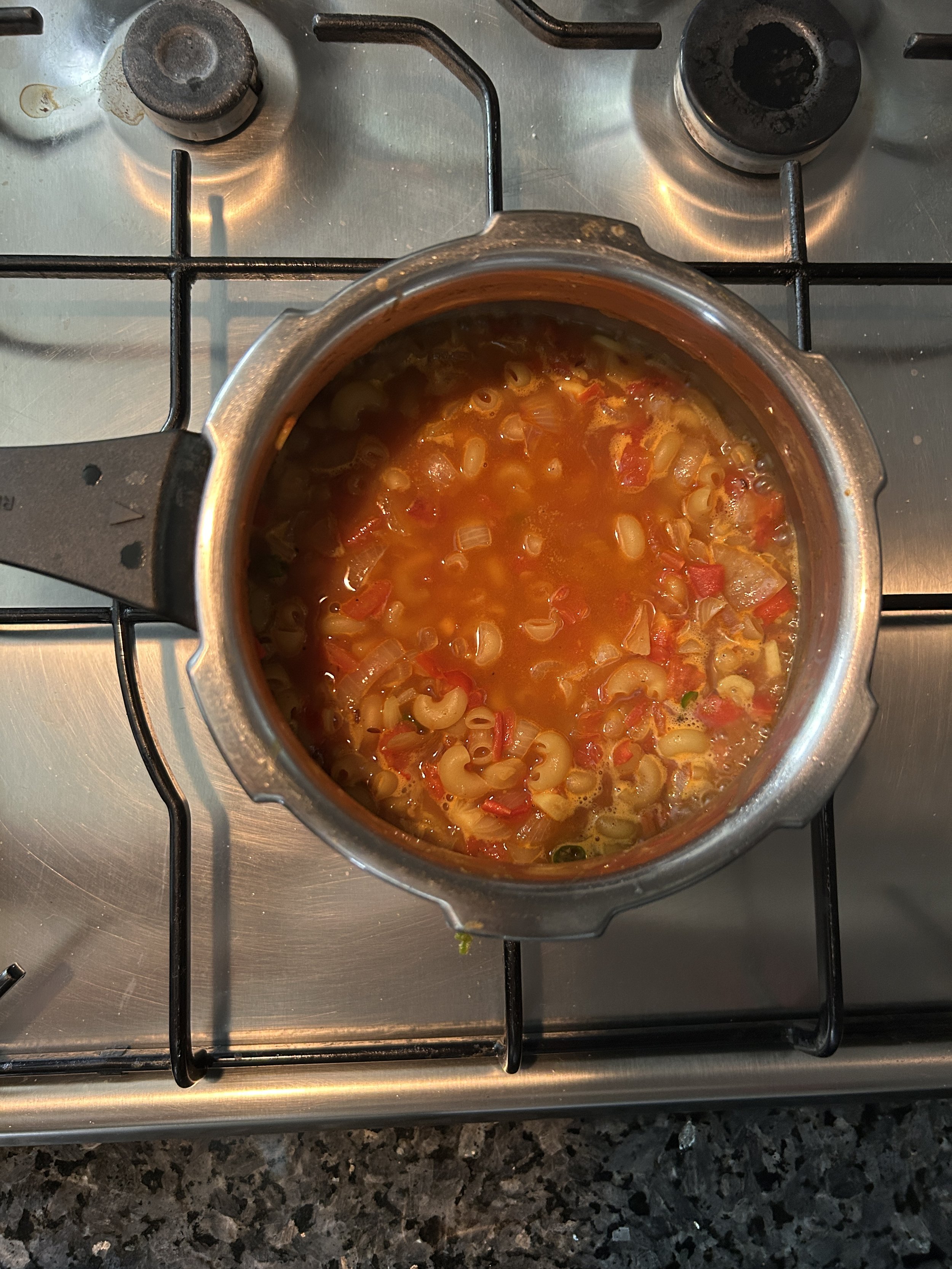
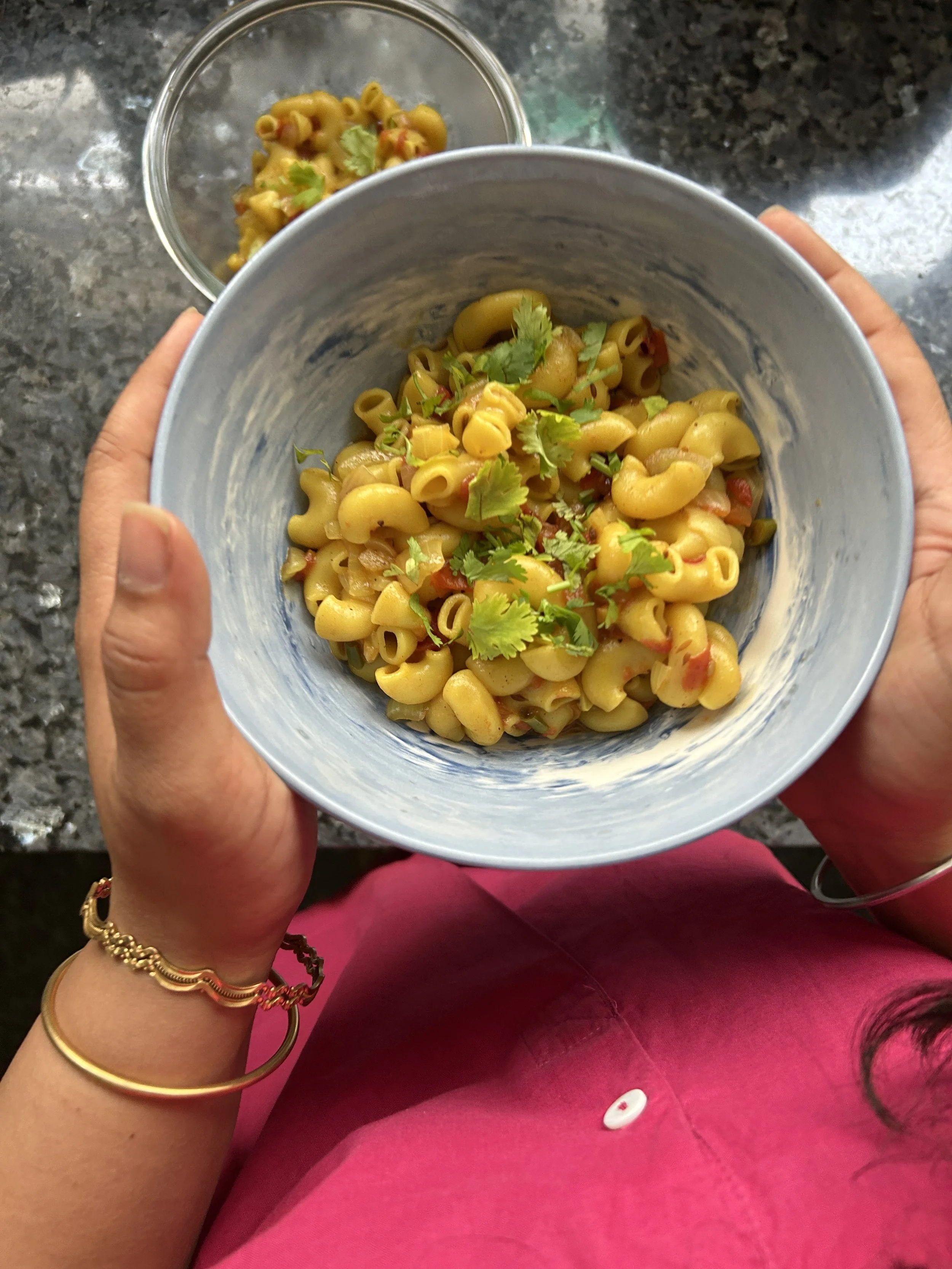
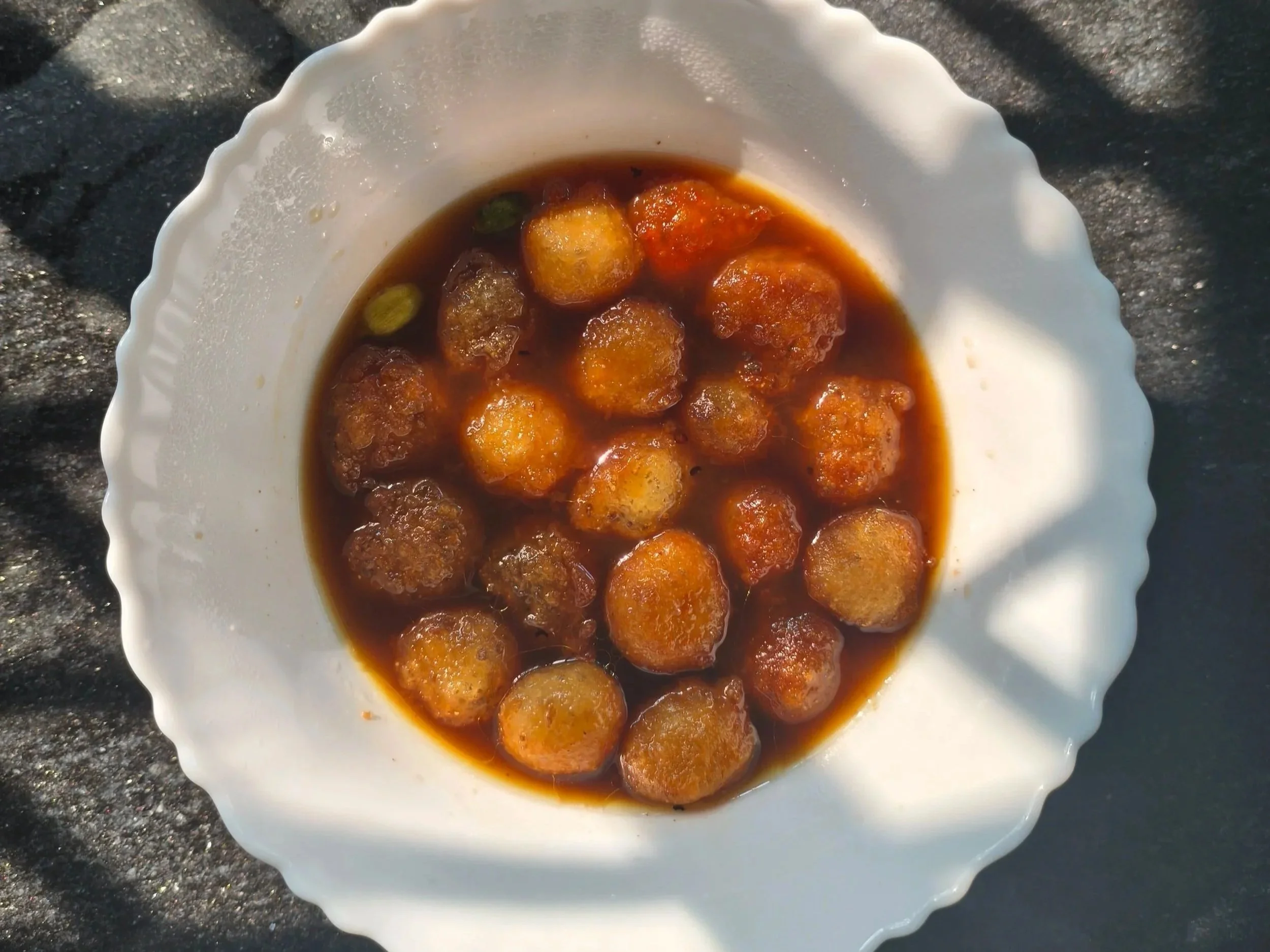
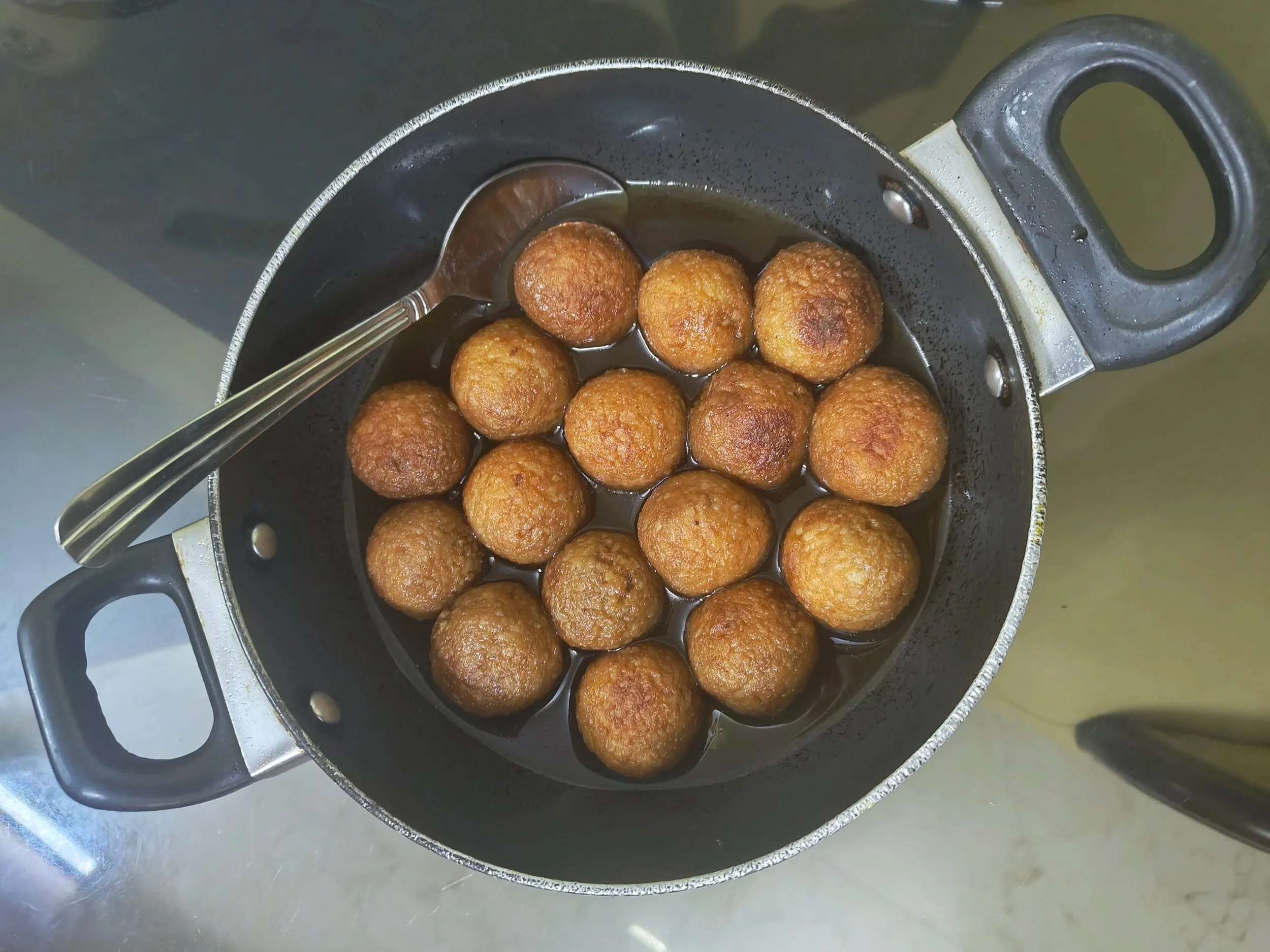

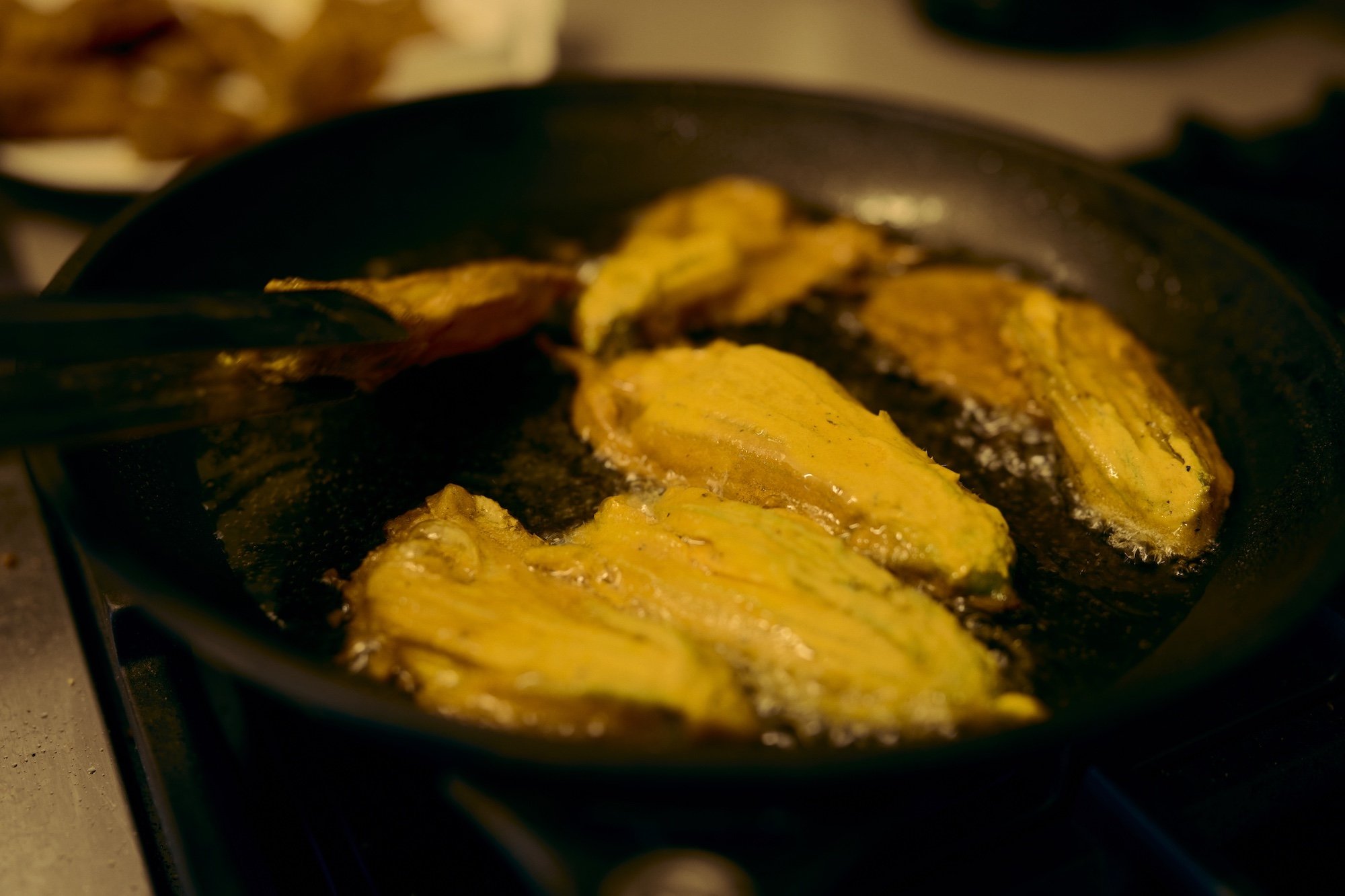
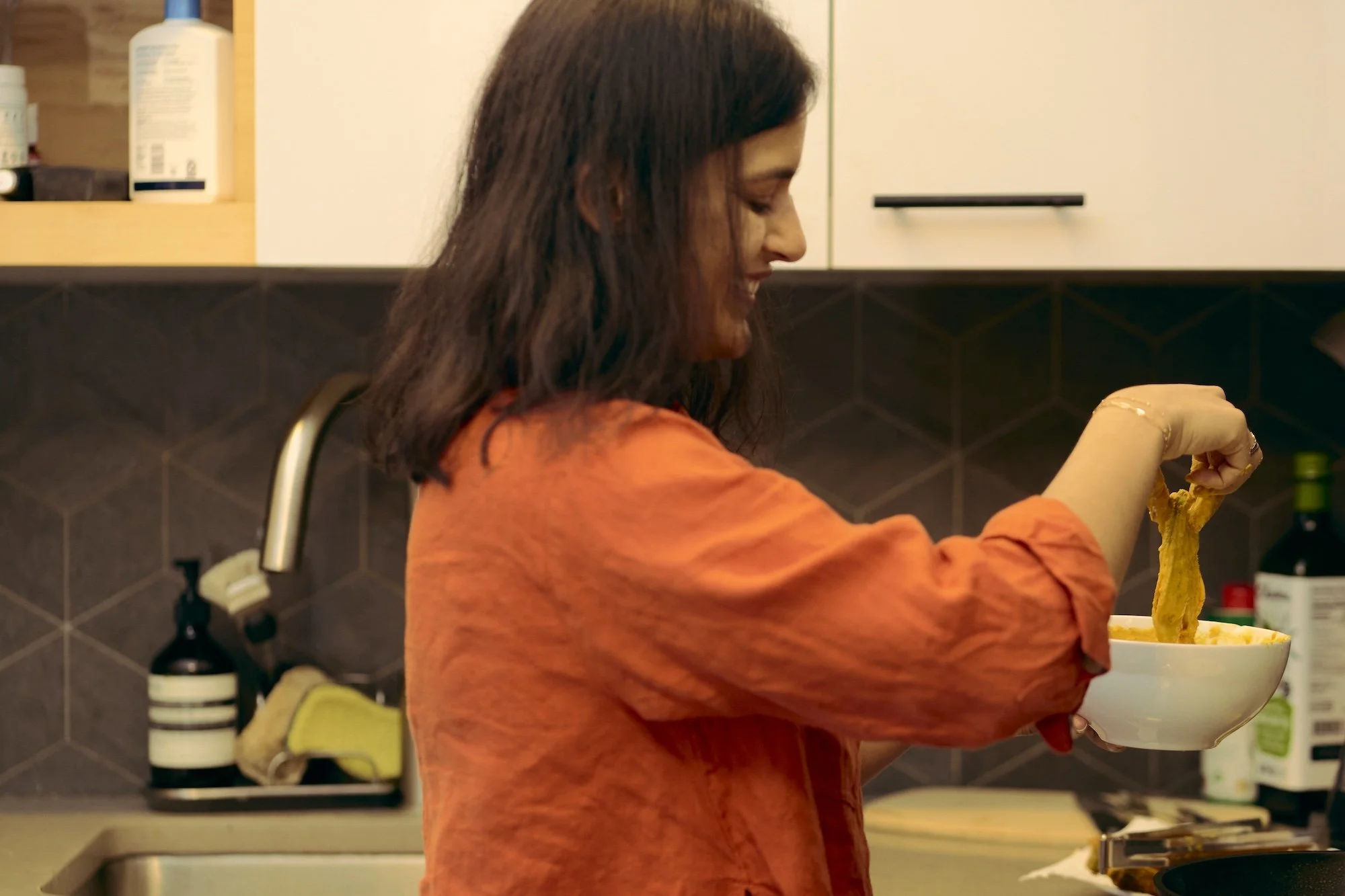
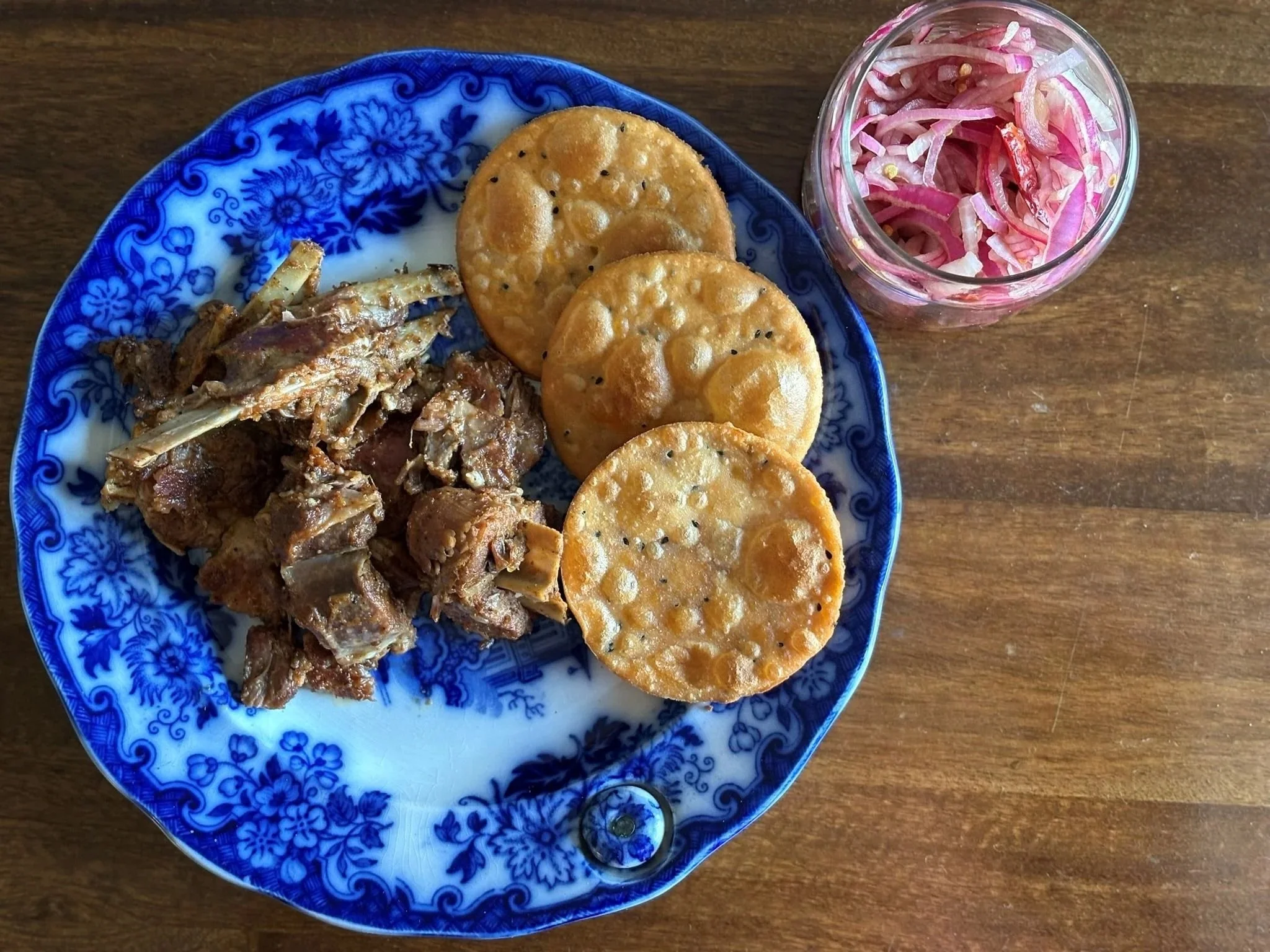
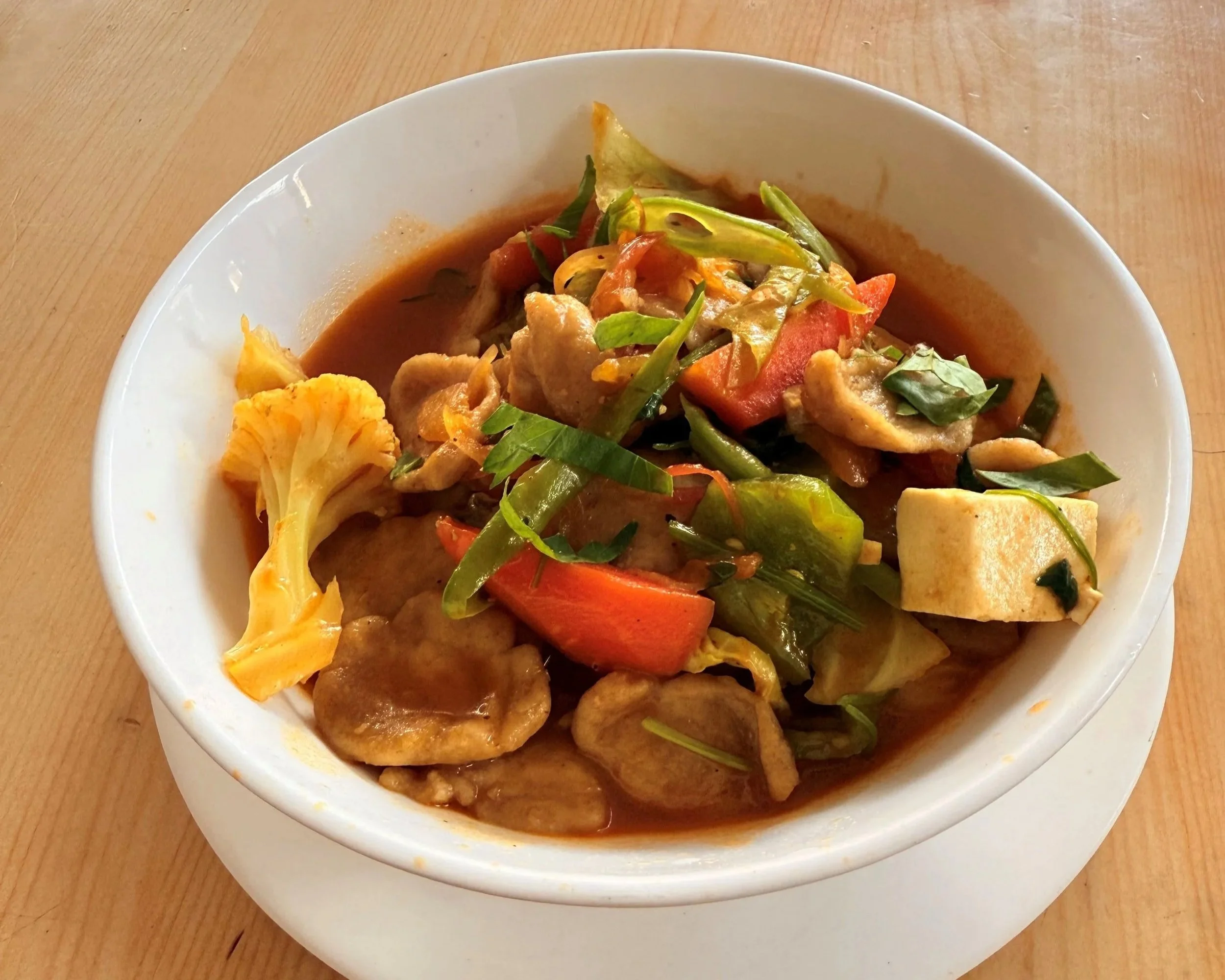
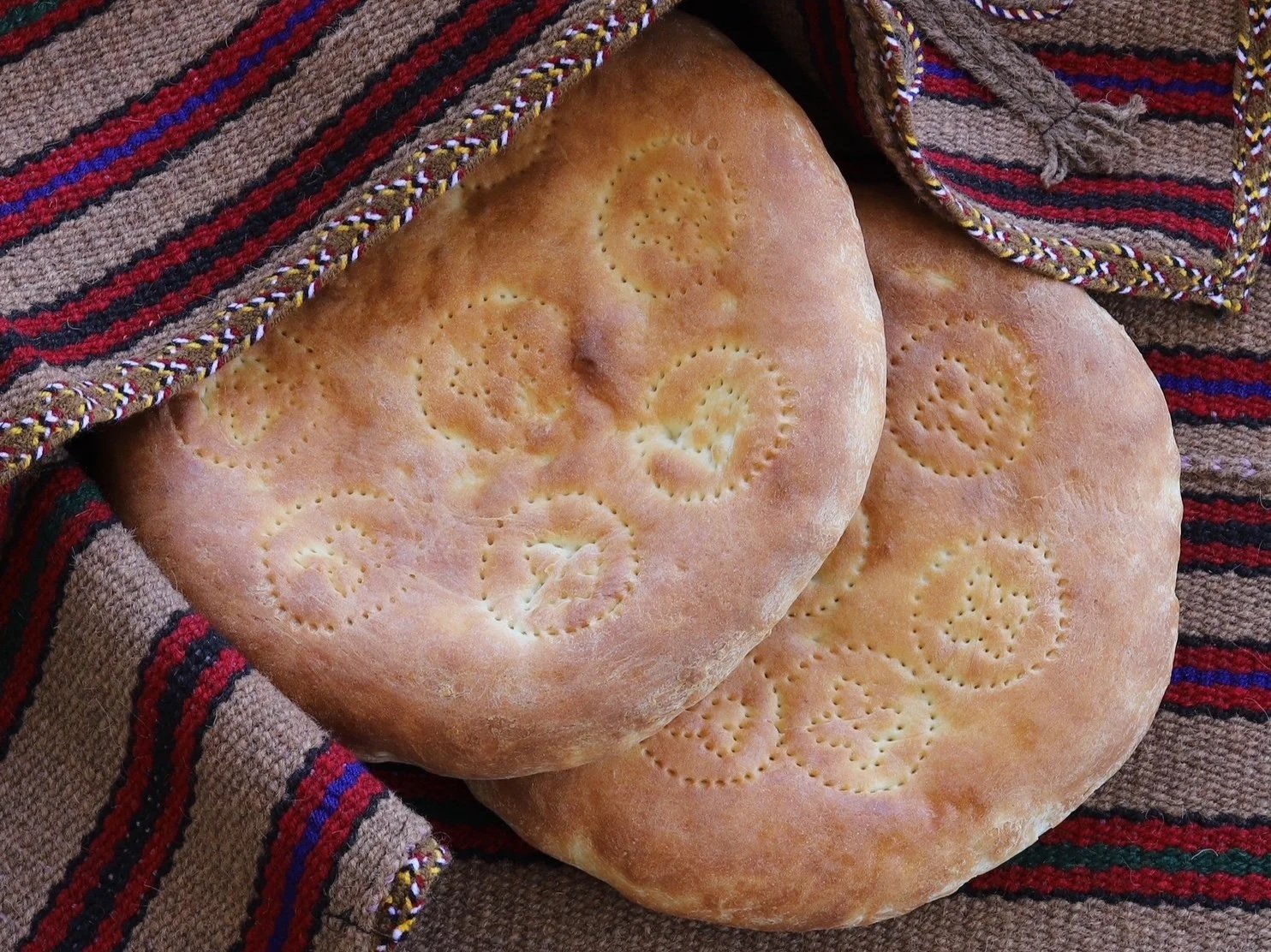
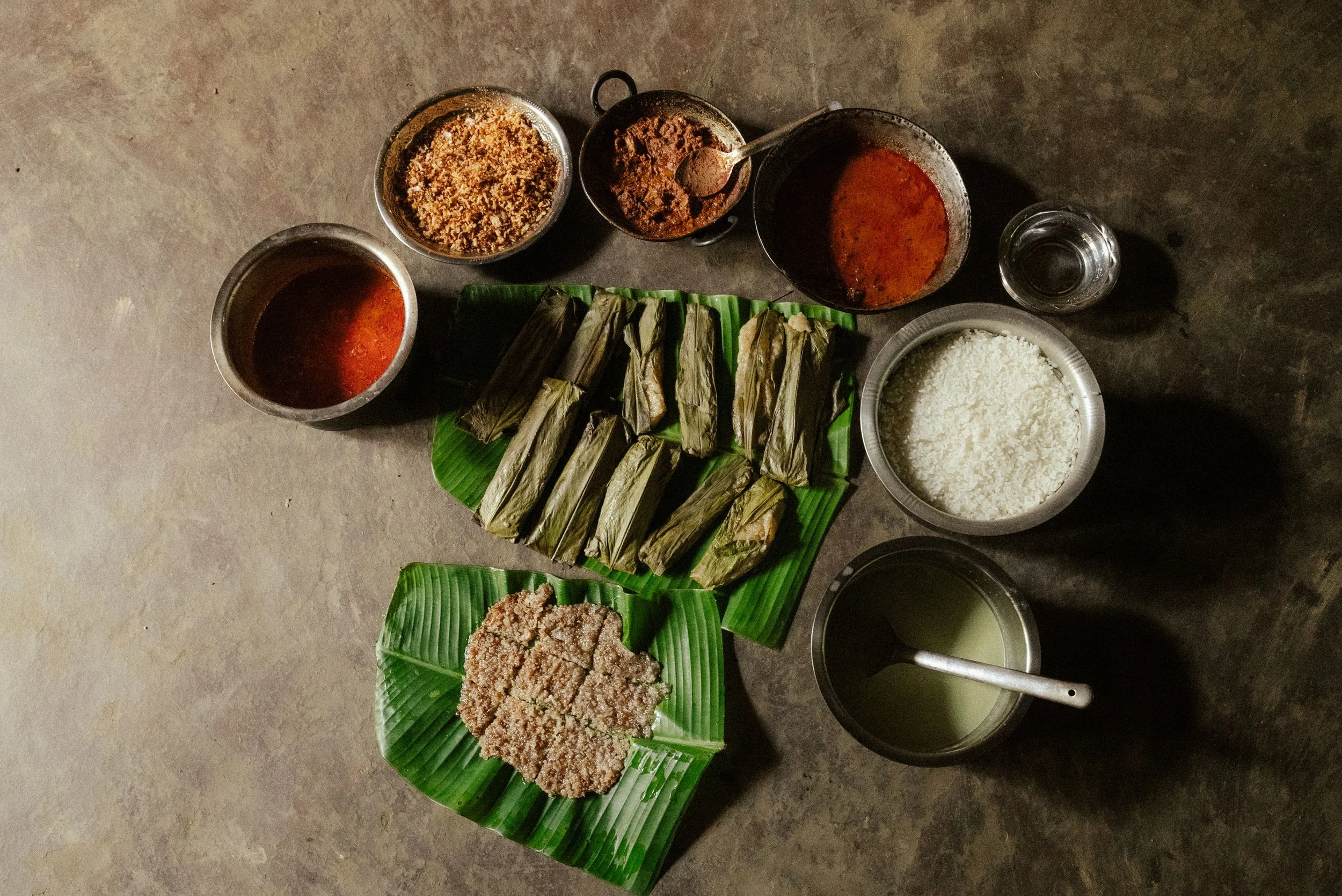
Neo-nomad cuisine of Central Asia | Terrence Manne